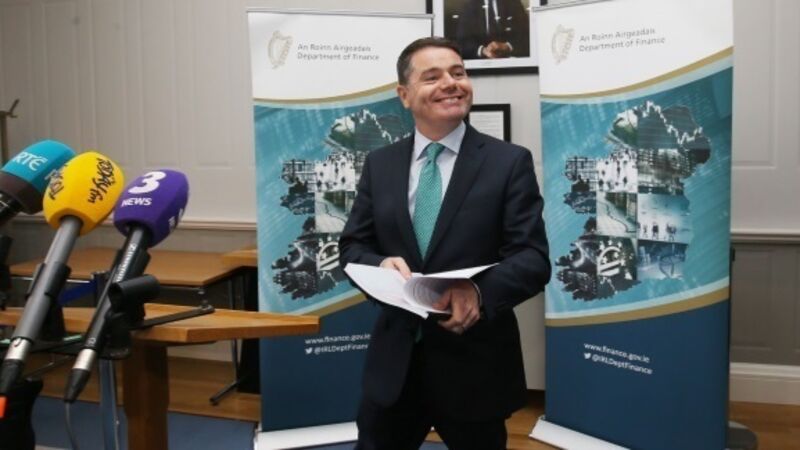Gloves off as budget nears but it’s all about how game is played

IT’S under three weeks to budget day, and as of today politics switches from play time to real time. The think-ins are over. The Dáil is back and it is down to the detail of what will happen on 10 October.
The row between Fianna Fáil and Fine Gael on tax is a lot more of two bald men fighting over a comb than Conor McGregor versus Floyd Mayweather. If you want the detail, Fine Gael seemingly favours raising the entry level from the standard rate to the higher rate of tax. Fianna Fáil wants to cut the 5% rate of USC to 4.5%. Both would cost about €200m.

















